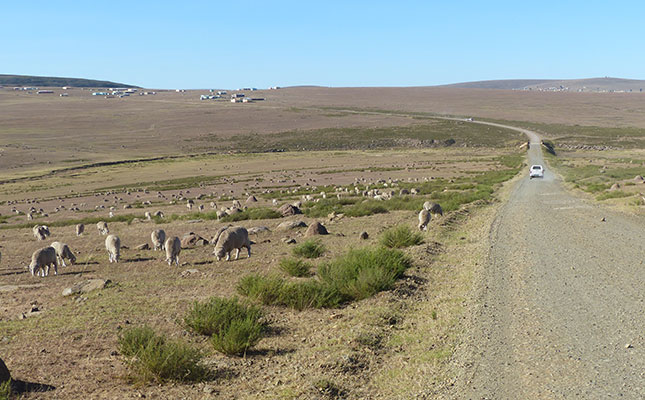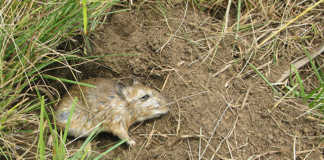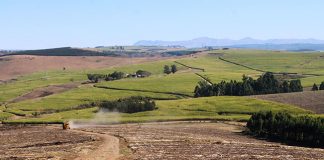
Photo: FW Archive
Eastern Cape Premier, Oscar Mabuyane, has called for the establishment of a provincial stock theft prevention forum by mid-October, following a meeting with the National Red Meat Producers’ Organisation (NERPO), during which the problem was highlighted.
The aim of the forum would be to create a platform where all relevant parties could engage with the South African Police Service (SAPS) to improve stock theft prevention and management efforts.
READ Top Sussex breeder’s extreme measures to beat stock theft
Aggrey Mahanjana, CEO of NERPO, said stock theft had been a problem in the province since time immemorial, but there had been a significant increase since the COVID-19 lockdown was instituted. This was probably due to retrenchments in the mining and other sectors, resulting in higher poverty and unemployment levels.
According to the Eastern Cape Department of Safety and Liaison, between 5 000 to 6 000 animals were stolen in the province between March and June this year, valued at roughly R17 million.
Encouragingly though, the recovery rate had increased to 35%, demonstrating that government was slowly closing down on livestock criminal syndicates, the department said.
Mahanjana said he had personally lost 50 in-lamb ewes, while Mabuyane had lost a few horses.
READ Tackling crime along the South Africa-Lesotho border
“It is terrifying knowing there are strangers moving around your farm at night. Most of us farm extensively, so you only realise you have suffered losses when you count the animals roughly once a month. Farmers have started counting their sheep more often to identify losses earlier, causing sheep production to become increasingly labour intensive,” he said.
One of the reasons why emerging farmers were being increasingly targeted, according to Mahanjana, was because commercial farmers had increased their surveillance and were using private security and the latest technologies to combat stock theft, making it more difficult to target them.
Zondi Pauleni, who farms cattle near Matatiela in the province, said farmers were losing livestock every day in his region.
“The cattle and horses are usually taken to Lesotho, which is only 45km from us, whereas the sheep and goats are taken to Durban.”
He added that the thieves were well-organised, often knowing exactly when and where to strike, and it was often the most vulnerable being targeted.
“Women will find that all their animals have been stolen out of a kraal overnight, resulting in them losing their entire livelihood,” Mahanjana said.
“Food security will, in effect, remain a dream in the Eastern Cape if this criminal activity is not stopped.”
Farmers were criticised during the meeting for not reporting cases and not marking their animals, making it difficult to prosecute thieves and return stock to their rightful owners.












